
What is GERD
GERD stands for gastroesophageal reflux disease. A sphincter (or a valve) muscle which separates the esophagus, a channel through which food and liquids we intake passes into the stomach, and the stomach, becomes too weak to stay shut at all times. Reasons for this may vary, but the outcome is that partly digested food, together with stomach acid and eventually bile and content from the upper intestines, can reflux into the esophagus through the weakened sphincter. Because of the refluxed content's acidic nature, lining of the esophagus is eroded, becoming inflamed and painful.
Treatment
Principal treatment targets the soothing of inflamed esophagus and reduction of acid secretion, while some cases of GERD might require surgery. However, capital method in GERD treatment is a change of the lifestyle. First on the 'to change' list, sadly as it might be, are foods that are known to trigger acid reflux. The good part is that diet designed for GERD is one of the healthiest diets there are and adhering to it helps not only to prevent GERD or GERD comeback, but many other food-related problems as well. The only problem with GERD diet, just like with any other diet, is that you need lots of self-control and discipline.
You will be on this diet for as long as you live, or GERD will come back. It takes some willpower to deny oneself some foods, especially if those are your favourites. But, bite the bullet, as it is easier to deny yourself something that can be replaced with a healthier alternative than to suffer through another acid reflux again.
General advices for GERD sufferers
Basic advices include avoiding any late meals, chiefly around or at bedtime, and eating more smaller portions of food rather than few large (or whatever your standard is) portions. Chewing is known to stimulate secretion of stomach acid, so chewing gum and chewing tobacco are definitely on a 'no' list. You will also have to replace whole milk with fat free milk, as fats in the whole milk trigger secretion of acid.
Avoiding foods that contain a lot of fat or are prepared with a lot of fat seems obvious, but almost nobody remembers to regard milk as fat-rich food. Fruits are on the OK list, as long as these are not citrus fruits - orange, lemon, grapefruit and the like. These are to be avoided. Alcohol and coffee also stimulate stomach acid secretion, and are also to be avoided. Same goes for spices and spicy food.



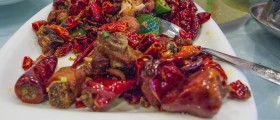



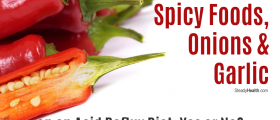
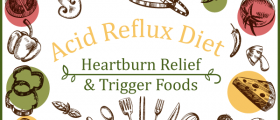
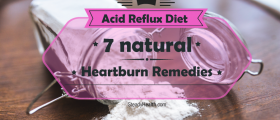
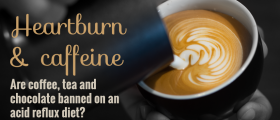
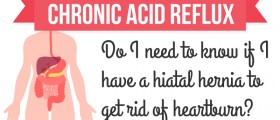

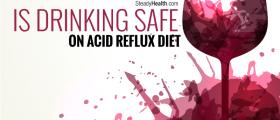
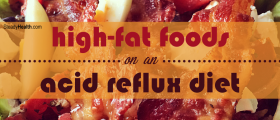

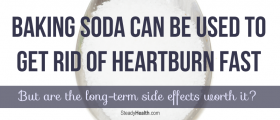
Your thoughts on this
Loading...